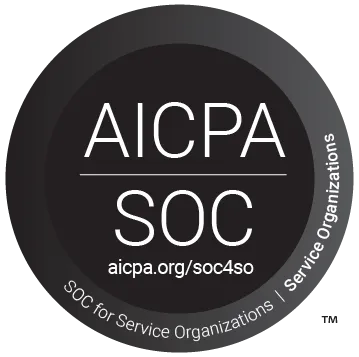The Seattle Metro area has a wealth of transit and vanpool services to make commuting easy and convenient. Anchored by King County’s Metro, employees can access bus, light rail, street cars, water taxis, the downtown circulator, and even the Seattle Monorail. Metro also operates the region's local vanpool and vanshare options (more on that below). Regional commuter rail is provided by Sound Transit’s Sounder system, while bus service is available from several transit agencies in the surrounding communities, as well as by Amtrak’s intercity service. E-bike and E-scooter sharing are also available for connections to transit.
Unique to the Seattle area is the region’s ORCA card, a seamless way for employees to ride the region’s transit services and vanpools, and an easy way for employers to provide tax-free transit benefits to employees.
Does Seattle have a transit benefit mandate for employers?
Yes. Since January 1, 2020, when Seattle’s Commuter Benefit Law went into effect, most Seattle employers are now required to provide their employees with the opportunity to set aside a certain amount of their income pre-tax to cover commuting expenses.
Who is affected by Seattle’s Commuter Benefit Law?
Seattle’s Commuter Benefit Law applies to employers who:
- Have 20 or more employees based anywhere in the world
- Have one or more employee who works at least 10 hours per week in Seattle
- Operate as a for-profit entity. Tax-exempt organizations and government agencies are exempt.
Read the Seattle Labor Office’s summary here.
What transit benefits do employers have to provide to comply with Seattle’s Commuter Benefits Law?
Employers must offer one or more of the following benefits to comply with the Seattle Commuter Benefits Law:
- The ability to make a pre-tax deduction for transit or vanpool expenses up to the full amount allowed by federal law ($325 a month in 2025).
- A transit passe that is fully or partially paid (at least 30% of the pass value) by the employer.
Employers must also follow noticing requirements to ensure that employees can reasonably find information about their program options. Employers must also maintain records to show that they’re in compliance with the Seattle Commuter Benefits Law for a minimum of three years, and be responsible for providing that documentation to the Department of Labor Standards upon request.
What transit benefits do Seattle employees most want?
The ORCA smart card allows employees to load a variety of passes and cash value on the ORCA card’s e-purse. Monthly and multi-ride passes from these agencies are available to be loaded on ORCA cards include:
- All King County Metro services: buses, light rail, bus rapid transit, street car, Water Taxi and vanpools
- Seattle Monorail
- Washington State Ferries
- Sound Transit Sounder commuter rail
- Community Transit
- Everett Transit
- Kitsap Transit
- Pierce Transit
What do Seattle employers need to know about the vanpool option?
Seattle is unique because Metro has available two types of public vanpool programs for employees.
- Metro’s Commuter Van Program offers vans that can accommodate up to 20 commuters for their trip from home to their worksites. It is the largest, longest running public commuter program of its kind in the nation, with over 1,600 vehicles.
- Metro also offers a Vanshare program that bridges the gap between commuters and transit. Vans are provided to groups of commuters to make the trip from their home to train, ferry or bus locations for their trip to work.
These two vanpool programs qualify as eligible commuter tax benefits. Find more information on Metro’s vanpool programs here.
Why are commuter benefits good for employers?
- Employers can reduce their payroll taxes because the payroll set aside for pre-tax transit benefits are not taxable income. Payroll deductions save employers directly.
- Pre-tax benefits make employers more competitive for top talent.
- Commuter benefits make employers more willing to embrace return-to-office mandates.
- Incentivizing transit usage reduces demand for parking, which can be expensive for employers to provide.
- Pre-tax transit benefits are a relatively low cost, high impact, and demonstrable commitment to carbon reduction and environmental sustainability. Jawnt can help you measure and report the carbon your organization is saving by supporting transit.
Want to learn more?
Jawnt’s team of transit planners and benefit administrators are available to help you understand your options, requirements, and find a solution that will satisfy employers and employees alike. Drop us a line today to get started.











